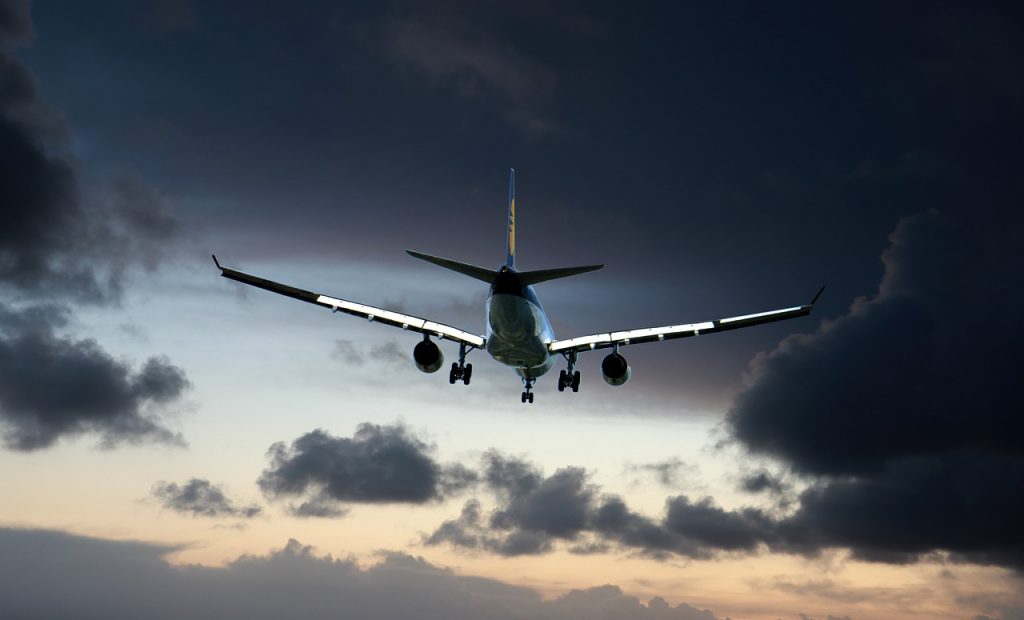Airline ticket prices have always been a topic of interest for travelers and industry observers alike. With factors like inflation and the volatile cost of jet fuel, understanding how airfares are affected is crucial. The International Air Transport Association (IATA) recently shed light on the correlation between airline ticket prices, inflation rates, and jet fuel costs. In this article, we will explore the insights provided by IATA and delve into the complex interplay of these factors in the aviation industry.
The Relationship Between Airline Ticket Prices and Inflation
Inflation, the gradual increase in the prices of goods and services over time, affects economies worldwide. It also has a notable impact on the airline industry. Rising inflation typically leads to increased operational costs for airlines, including expenses related to aircraft maintenance, labor, and airport fees.
IATA’s analysis reveals that airline ticket prices have generally followed a pattern of moderate increases in line with inflation rates. Airlines often adjust their fares to offset rising operational expenses. However, these adjustments are carefully balanced to ensure they remain competitive and attractive to passengers.
The Volatile Nature of Jet Fuel Costs
Jet fuel is one of the largest operational expenses for airlines, and its price is subject to significant fluctuations. The cost of jet fuel is closely tied to the global oil market, which can be influenced by geopolitical events, supply and demand dynamics, and other factors.
IATA’s data highlights the challenges airlines face in managing these volatile costs. When jet fuel prices surge, airlines may struggle to maintain profitability while keeping ticket prices reasonable. Conversely, when fuel prices decrease, airlines may pass on the savings to passengers through lower fares.
Impact on Passenger Behavior
The correlation between airline ticket prices, inflation, and jet fuel costs directly impacts passenger behavior. When fares rise significantly due to inflation or fuel cost spikes, travelers may adjust their travel plans. This can include opting for alternative transportation methods, choosing different destinations, or traveling less frequently.
Additionally, travelers often become more price-conscious during periods of economic uncertainty or when inflation rates are high. Airlines must adapt to these shifts in passenger demand by offering competitive pricing and value-added services to maintain customer loyalty.
Airlines’ Strategies for Managing Costs
In response to the challenges posed by inflation and volatile fuel prices, airlines employ various strategies to manage costs effectively. These strategies can include fleet optimization, fuel-efficient aircraft, hedging fuel purchases to mitigate price fluctuations, and enhancing operational efficiency.
IATA plays a pivotal role in helping airlines navigate these challenges by providing industry insights, best practices, and data-driven recommendations to optimize cost management and maintain financial stability.
The Future of Airline Pricing
The aviation industry is constantly evolving, and airline ticket pricing is no exception. As airlines recover from the impact of global events like the COVID-19 pandemic, they are adapting to new market realities. Digital technologies, data analytics, and innovative pricing models are becoming increasingly important for airlines to stay competitive and offer passengers more personalized fare options.
In conclusion, IATA’s insights into the relationship between airline ticket prices, inflation, and jet fuel costs provide valuable information for industry stakeholders and travelers alike. The delicate balance airlines must maintain between profitability and passenger affordability underscores the complexity of the aviation industry. As the industry continues to innovate and adapt, travelers can expect more dynamic pricing models and enhanced value in their air travel experiences.

